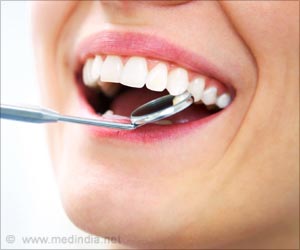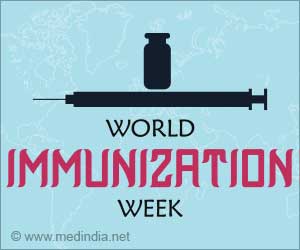Highlights
- Six to fifteen percent of patients develop an inflammatory response in the years after receiving a dental implant.
- The infection might be due to bacteria that destroys //the soft tissue and the bone around the implant.
- Using a chewing gum based diagnostic test, patients will soon be able to detect the presence of such bacteria.
In practice, the test works as follows: If there is an inflammation in the oral cavity, a bittering agent is released while chewing the gum. Patients can then visit their dentist who confirms the diagnosis and treats the disease. This type of early detection aims at preventing serious complications such as bone loss.
"Anyone can use this new diagnostic tool anywhere and anytime without any technical equipment," Professor Lorenz Meinel says; he is the head of the JMU Chair for Drug Formulation and Delivery. He developed the new diagnostic tool with Dr. Jennifer Ritzer and her team; the invention is currently featured in an article in the journal Nature Communications.
In the presence of inflammatory conditions, specific protein-degrading enzymes are activated in the mouth. These enzymes also break down a special ingredient of the chewing gum, thereby releasing a bittering agent that could not be tasted before.
Meinel’s team plans to set up a company to launch the chewing gum into the market. The professor assumes that it will take two to three years until the gum is commercially available.
Reference
- L. Meinel et al., Diagnosing peri-implant disease using the tongue as a 24/7 detector, Nature Communications (2017) http://dx.doi.org/10.1038/s41467-017-00340-x.
















